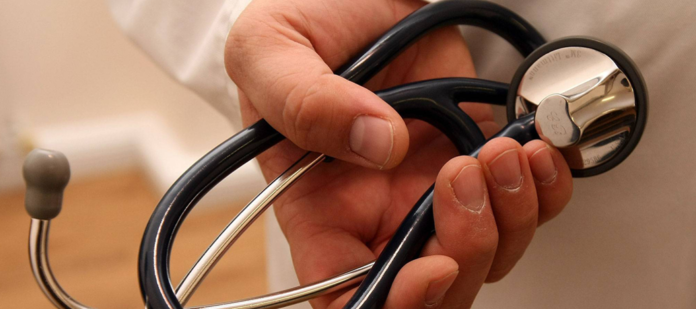
A good GP can be priceless, especially if you have a chronic disease or get a serious illness and need a reliable doctor to co-ordinate your care. But how do you find one that ticks all your boxes? Here is what you should consider when you’re shopping around for a keeper:
AVAILABILITY
Just like other workers, some GPs work full-time, part-time, after hours and on weekends. If you value access to a GP any time and can put up with an unpredictable wait, the bigger corporate clinics might be for you. They generally offer services after business hours without appointments, but you could wait for an hour or more when you get there, and receive less personal service. At the other end of the spectrum, some GPs still run 9am-to-5pm clinics that pride themselves on family medicine with old-fashioned house calls if you need them, so if you want extra attention, ask if they deliver it. Some GPs also have deputising services or locum doctors who will visit you after hours if you need semi-urgent care that does not require a hospital visit. Some GPs and clinics also offer Telehealth services. Using video cameras and monitors connect you to doctors who are not located near you, reducing the need to travel to receive care. Telehealth services are usually extended to after hours and allow patients to see, hear and talk to a doctor or other health care professional from the comfort of their home.
MALE, FEMALE, YOUNG OR OLD?
Research has found some interesting differences among GPs. For example, female GPs are more likely to conduct longer consultations and ask about psycho-social issues, and some male GPs avoid offering procedures such as pap smears for women altogether. Age also seems to matter. Associate Professor Helena Britt, from the University of Sydney’s Family Medicine Research Centre, says older GPs tend to rely more on their clinical experience and recognise the importance of examining patients, while younger ones tend to order more tests to check their suspicions. There is little research to prove which is superior, she says, but some people might prefer one style over the other. Most of all, it is important to like your GP and connect with them, so you feel comfortable discussing anything, even if it’s embarrassing.
QUALIFICATIONS AND SPECIALTIES
All GPs should have a Bachelor of Medicine / Bachelor of Surgery (MBBS) and if they are under the age of about 50, a fellowship of the Royal Australian College of GPs (FRACGP). Many GPs also take short post graduate courses in more specialised fields of medicine that interest them such as obstetrics, women’s or men’s health, dermatology or paediatrics. So if you are planning to get pregnant or already have children, you might want to find a GP or practice with an interest in women’s and children’s health. Some practices also specialise in travel medicine, addictions, sexual health, gay men’s health, cosmetic procedures, or integrative medicine (that offer complementary and alternative treatments, such as acupuncture).
OTHER SERVICES
An increasing number of GP practices have pathology or diagnostic imaging services, or both, in-house or next door, so you can immediately get a blood test or X-ray if you need one. This can save a lot of time and effort. There are also GP practices that have allied health professionals such as dieticians, physiotherapists and psychologists to help the GPs with your care.
BILLING
About 82 per cent of GP consultations are bulk billed in Australia, meaning the patient pays nothing for the service, even if they don’t have a concession such as a health care card. If you see a GP who does charge a private fee (they are usually in wealthier suburbs), the average out-of-pocket cost is $30. From July, patients may find they are more likely to be charged a fee though, because of a federal government policy to freeze the indexation of medicare funding for GP services. Doctors recently warned that this continued freeze of Medicare fees could result in an additional $8.43 co-payment for non-concession patients. So if you’re short on money, it may be wise to ask your GP if they bulk bill and will continue to bulk bill from July. If they already charge private fees, ask if these fees will go up.
LOCUM SERVICES
In most major cities, locum doctor services that send GPs to visit you at home operate from about 4pm to 8am every day of the week. If you have an illness that is not serious enough to need hospital attention but cannot wait until the following day when a GP clinic is open, such as gastro, you can be bulk billed for the consultation. The average wait is about two to three hours. Check out Australian Locum Medical Service and Home Doctor Service.
Source: WA Today
